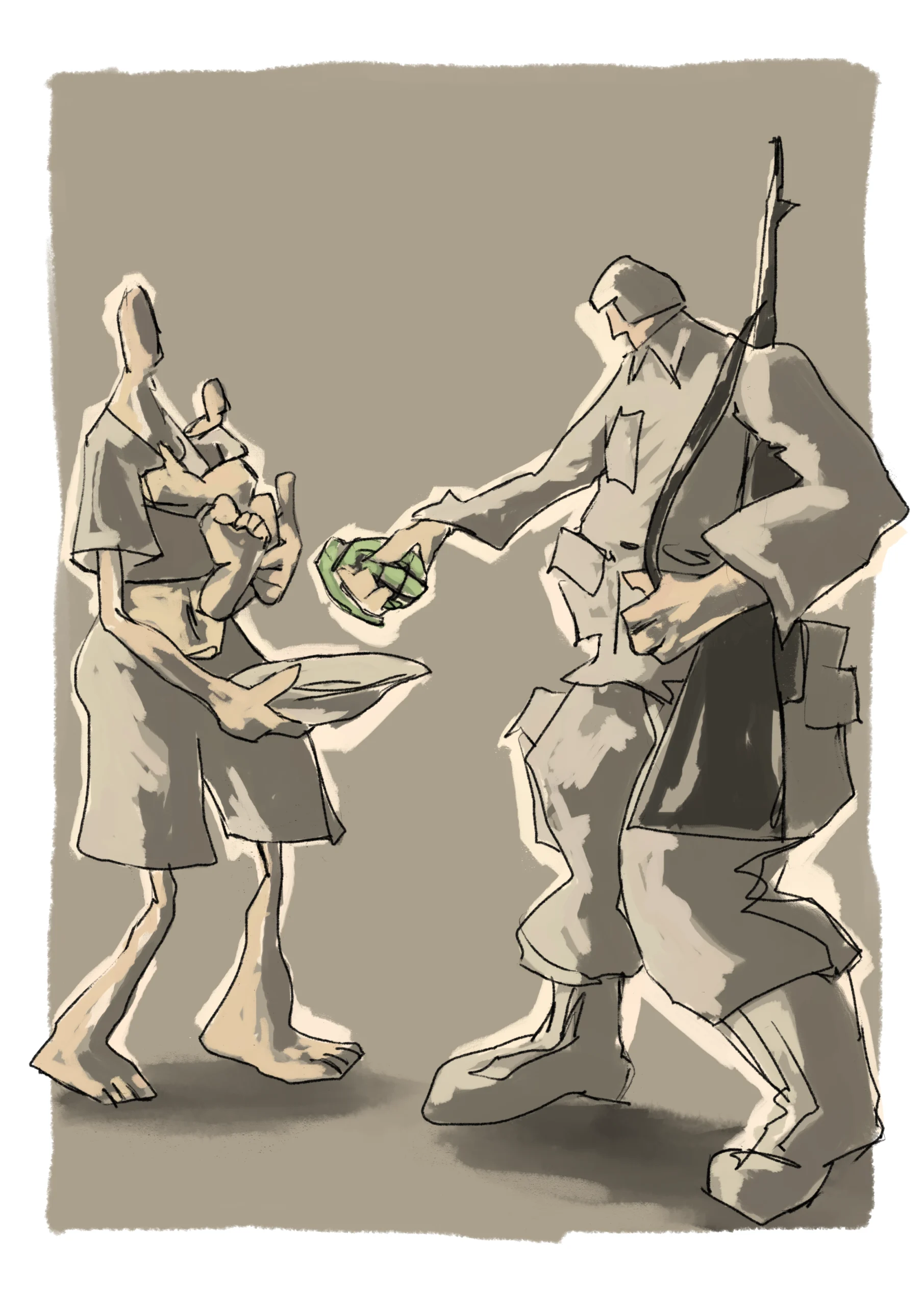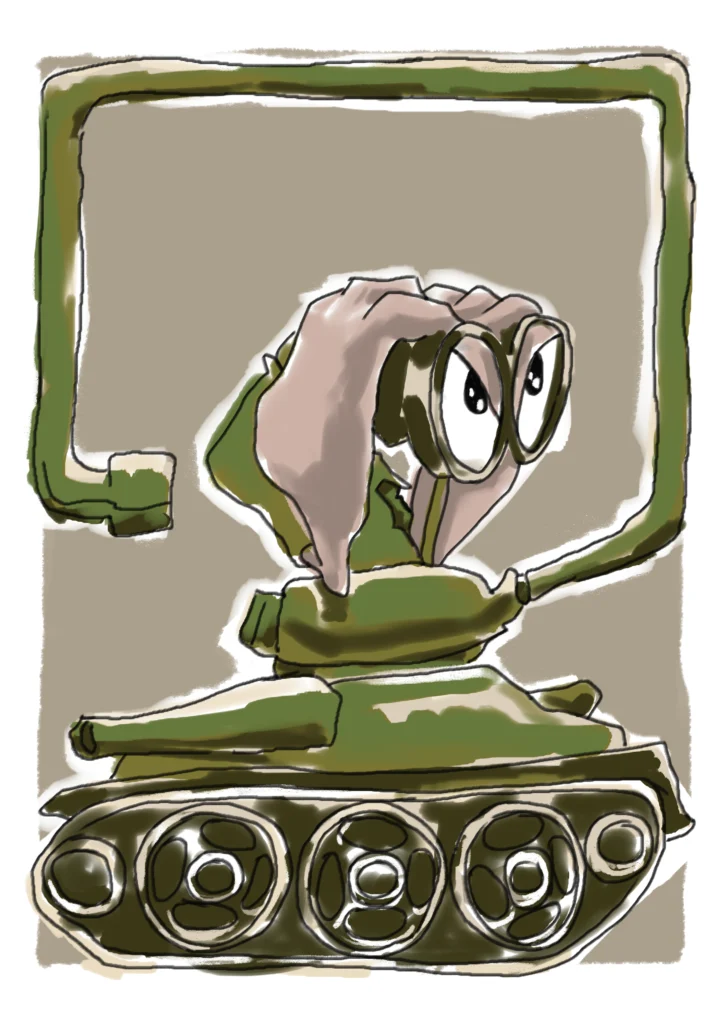
The Nature and Evolution of War
War, a pervasive and enduring aspect of human history, is defined as a state of armed conflict between different countries, states, or groups within a nation. It encompasses a range of activities, from large-scale battles and sieges to guerrilla warfare and terrorism, profoundly affecting societies and shaping the course of history. War’s causes are complex and multifaceted, often rooted in political, economic, ideological, or territorial disputes.

Historical Context and Major Wars
Throughout history, wars have played a crucial role in the rise and fall of empires, the redrawing of borders, and the evolution of political systems. Ancient wars, such as those waged by the Greeks and Romans, were often motivated by territorial expansion, resource acquisition, and power consolidation. The Peloponnesian War between Athens and Sparta and the Punic Wars between Rome and Carthage are prime examples of how conflicts influenced the ancient world.
The medieval period saw the proliferation of feudal conflicts, crusades, and dynastic wars. The Hundred Years’ War between England and France and the Crusades, aimed at reclaiming the Holy Land from Muslim rule, were significant events that shaped medieval Europe and the Middle East.
The modern era, beginning with the Renaissance and the Age of Enlightenment, witnessed the emergence of nation-states and the professionalization of armies. The Napoleonic Wars, driven by Napoleon Bonaparte’s ambition to dominate Europe, marked a turning point in military strategy and the concept of total war, where entire societies were mobilized for conflict.
The 20th century was characterized by two world wars, which were unprecedented in scale and devastation. World War I (1914-1918), triggered by the assassination of Archduke Franz Ferdinand, involved multiple nations and introduced new forms of warfare, including trench warfare and chemical weapons. World War II (1939-1945), initiated by the aggressive expansionist policies of Nazi Germany, Fascist Italy, and Imperial Japan, resulted in immense loss of life, the Holocaust, and the use of nuclear weapons on Hiroshima and Nagasaki.
Causes of War
Understanding the causes of war requires examining a combination of factors:
- Political and Ideological Differences: Conflicts often arise from clashes between differing political ideologies and governance systems. The Cold War, for instance, was driven by the ideological struggle between capitalism, led by the United States, and communism, led by the Soviet Union.
- Economic Interests: Access to resources, trade routes, and economic dominance frequently trigger wars. The Opium Wars between China and Britain were rooted in trade imbalances and economic exploitation.
- Territorial Disputes: Historical claims and the desire for territorial expansion have been perennial causes of war. The Arab-Israeli conflict, rooted in competing nationalist movements and territorial claims, remains unresolved.
- Nationalism and Ethnic Tensions: The rise of nationalist sentiments and ethnic conflicts has fueled numerous wars. The breakup of Yugoslavia in the 1990s led to a series of brutal conflicts driven by ethnic and nationalist divisions.
- Revolution and Civil War: Internal conflicts, such as revolutions and civil wars, often arise from social inequalities, political oppression, and demands for independence. The American Civil War (1861-1865) was fought over issues of slavery and states’ rights.
The Impact of War
War has far-reaching consequences on societies, economies, and individuals:
- Human Cost: The loss of life and the physical and psychological trauma inflicted on combatants and civilians are among the most immediate and devastating impacts of war. World War II alone resulted in over 70 million casualties.
- Economic Disruption: Wars disrupt economies by destroying infrastructure, reducing productivity, and diverting resources towards military expenditures. Post-war reconstruction often requires significant international aid and long-term economic adjustments.
- Social and Cultural Changes: War can lead to profound social changes, including shifts in gender roles, population displacement, and cultural transformations. The participation of women in the workforce during World War II significantly altered gender dynamics in many societies.
- Political Repercussions: Wars often result in the redrawing of borders, regime changes, and shifts in the global balance of power. The aftermath of World War I saw the dissolution of empires and the creation of new nations, while World War II established the United States and the Soviet Union as superpowers.
- Technological Advancements: Warfare has historically driven technological innovation, from advancements in weaponry and medical treatments to the development of new communication and transportation technologies. The internet, initially developed for military communication, is a notable example.
Modern Warfare and Future Trends
Modern warfare has evolved to include not only conventional military engagements but also asymmetrical warfare, cyber warfare, and the use of drones and artificial intelligence. Terrorism, guerrilla tactics, and proxy wars have become more prevalent, complicating traditional notions of state-centric conflict.
The future of warfare is likely to be shaped by advancements in technology, the rise of non-state actors, and the increasing importance of information and cyber domains. Climate change, resource scarcity, and geopolitical shifts may also influence the causes and nature of future conflicts.
In conclusion, war is a complex and multifaceted phenomenon that has shaped human history in profound ways. While its causes are diverse and its impacts far-reaching, understanding the nature of war is crucial for developing strategies to prevent conflicts and promote global peace and stability.
